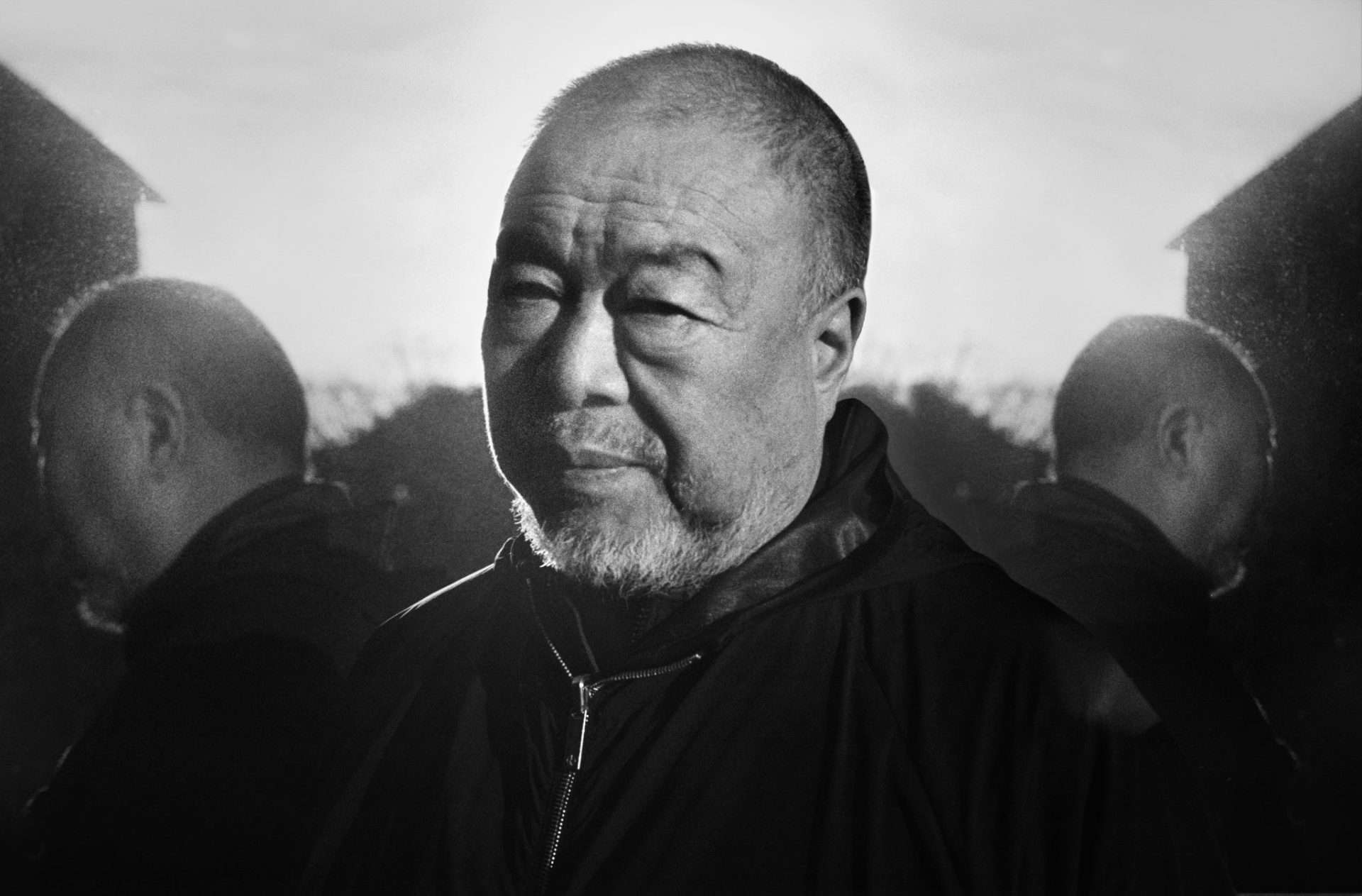Ai vs AI: Ai Weiwei poses 81 questions over 81 days to Artificial Intelligence
It’s no surprise that renowned Chinese dissident artist Ai Weiwei, known for being logical, practical and systematic in his approach to art, has introduced what is unfolding as one of the first global AI (artificial intelligence) art projects. In his latest, ‘Ai vs AI’, the artist poses 81 questions over 81 days – the same amount of time Weiwei spent detained in a Chinese prison. From January 11 to March 31, Weiwei addresses questions posed to AI and the wider public. This project marks the first time Ai has used AI for his art.
In collaboration with Circa, questions will appear every evening at 20:24 on screens in high-traffic areas worldwide like Piccadilly Lights in London, Cadorna Square in Milan and in Nairobi, Nairobi at the Mbagathi footbridge. Ai Weiwei has created a series of 81 silkscreen and embossed prints to accompany the exhibition. Each print in the series of 81 Questions is hand-signed and numbered by the artist in editions of 81.
Is Edward Snowden guilty? Will capitalism have an end? Love or hate, which lasts longer? These are a few of the questions posed.
“Answers are routinely and blandly mass-produced in knowledge factories – including schools, religious institutions, nations and national myths – yet we often believe answers remain more important than questions,” says Weiwei. “Questions are, in themselves, generative: in asking, we sketch out a terrain vague of human inquiry: for thousands of years, Chinese poets and thinkers asked what we might find walking on the surface of the moon – this unknown fueling creativity and generating poetry and song. For this fertile landscape of imagination, the arrival of astronauts on the moon and the photography of dusty craters delivered by lunar exploration marked the destruction of creative terrain.“
Ai may be on to something. When facing challenges, it is likely because we are doing things the way we’ve always done them and seeing things in the same ways. Creating unconventional ways of thinking and asking questions is a crucial pathway to disrupting habitual patterns and experiencing breakthroughs.
With this in mind, we must ask ourselves: what impact does AI have on our ability to generate innovative thinking based on intuition and unconventional processes? If AI can’t exceed human intelligence, will it reduce it? The tension between humans and machines is just beginning, and experiences people consider essential to being human are under siege. Weiwei says, “If humans will ever be liberated, it will be because we ask the right questions, not provide the right answers.”






